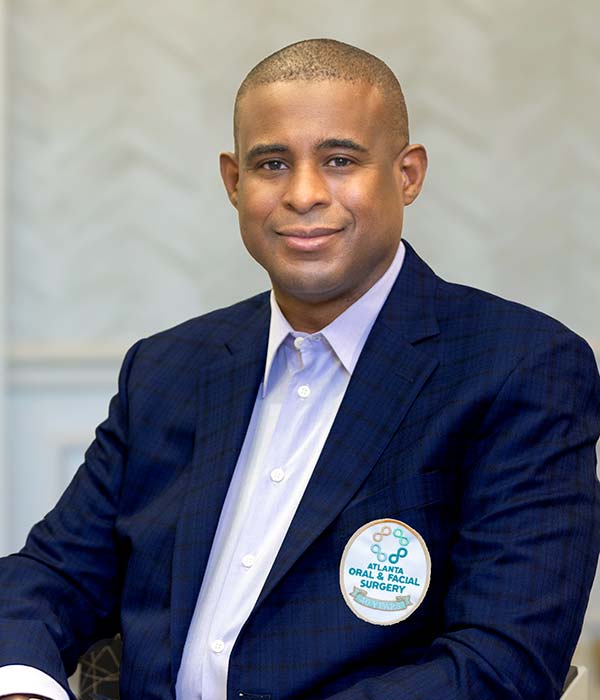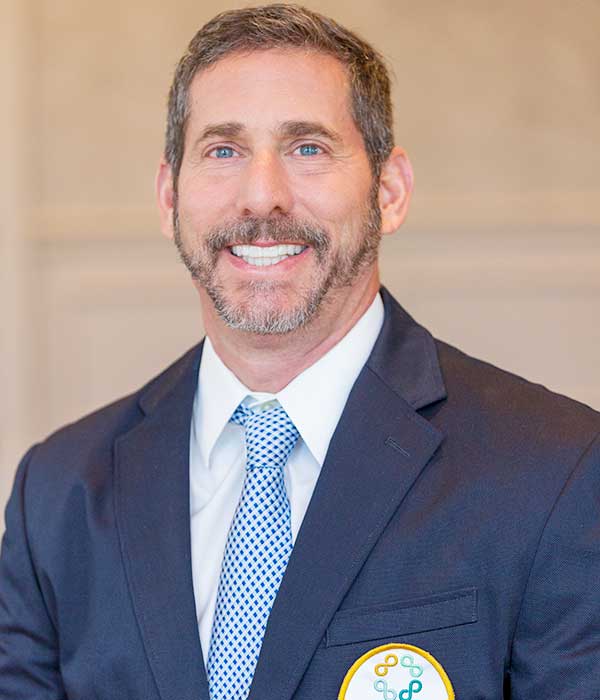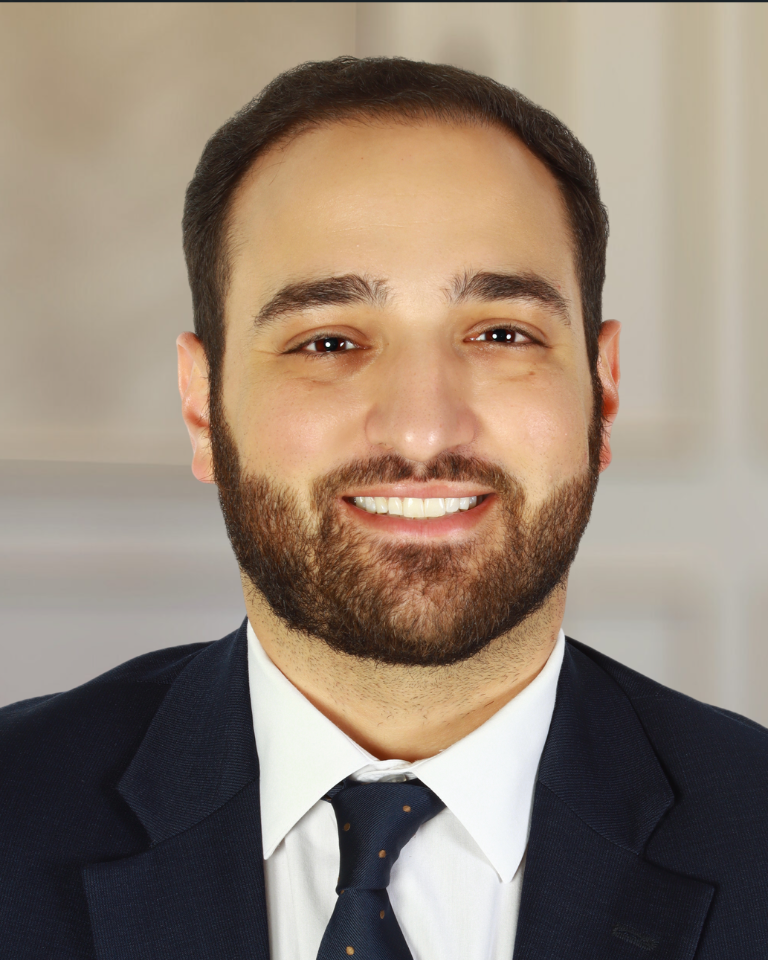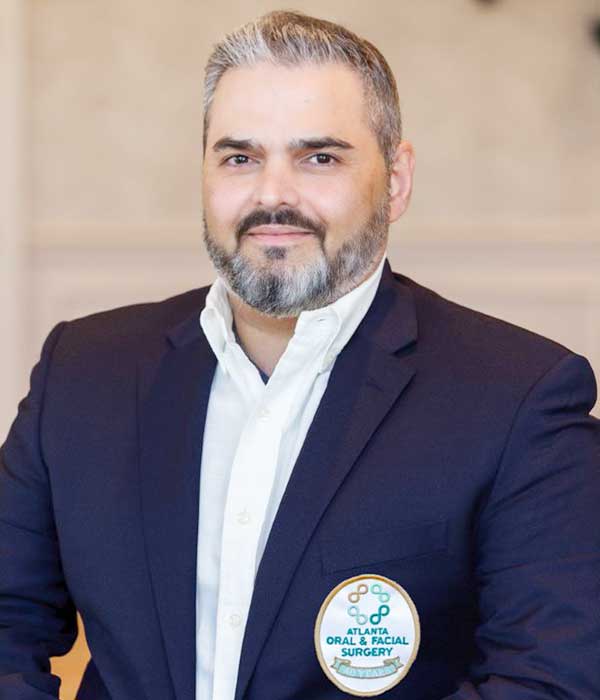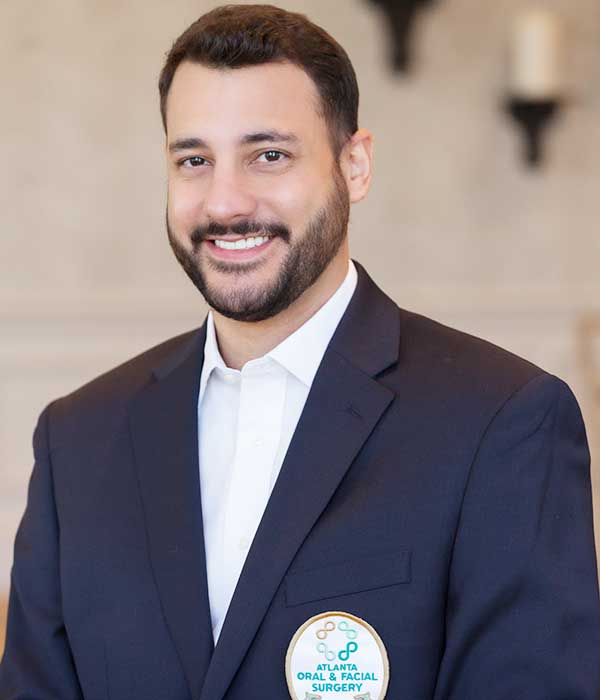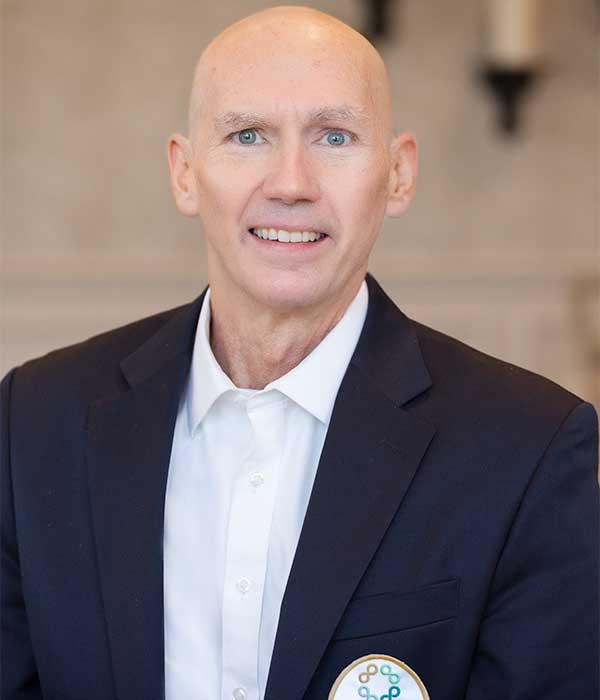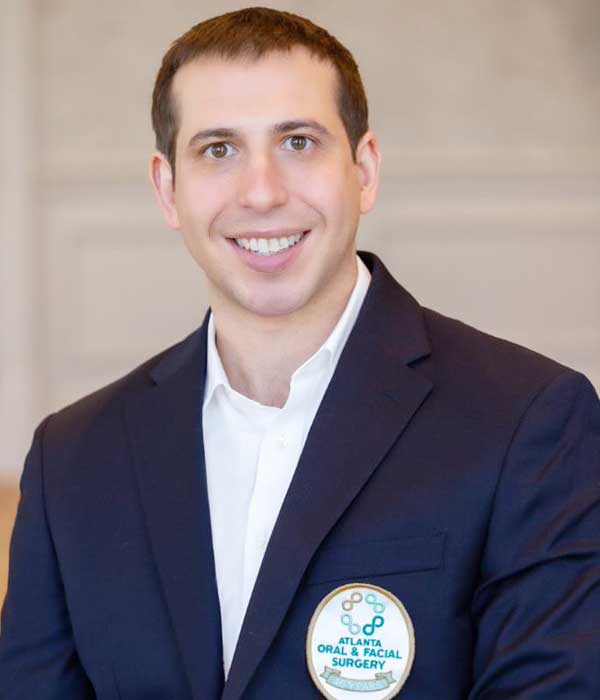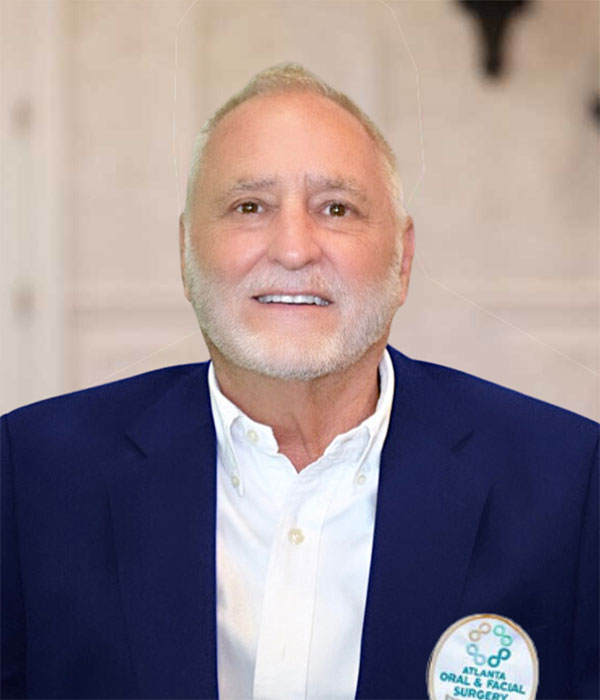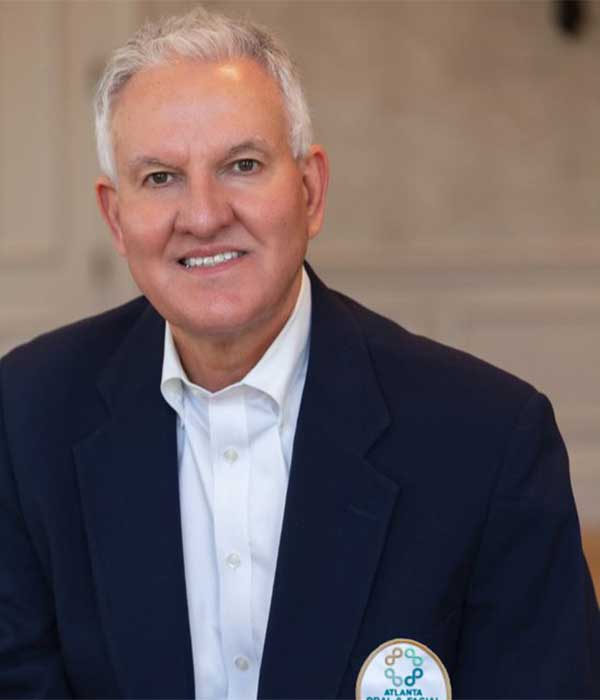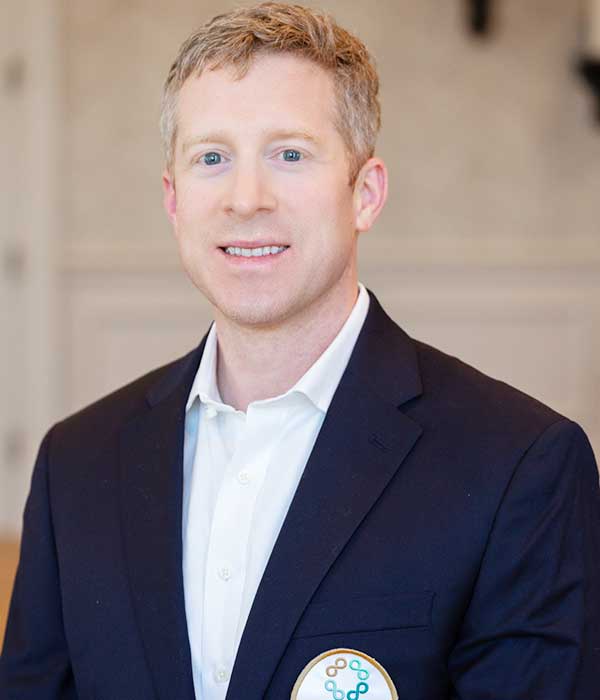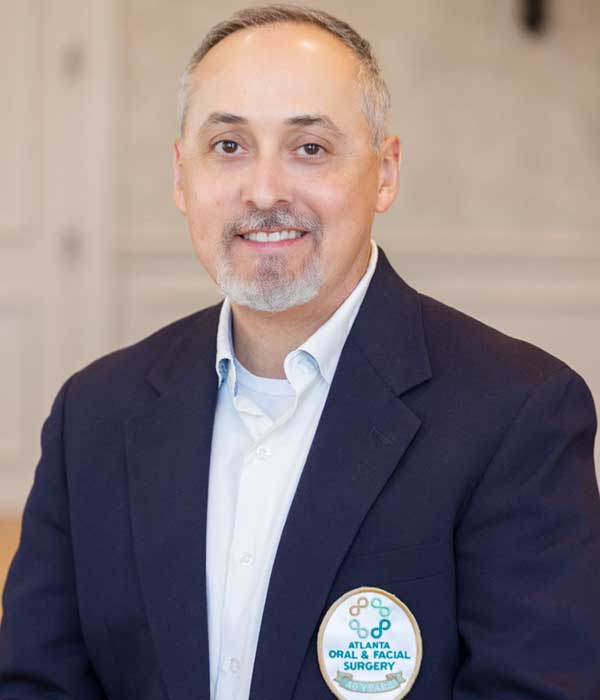Common TMJ Symptoms
Do you suffer from TMD? Short for temporomandibular joint dysfunction, TMD happens when something is wrong with the joint that connects the jawbone to the skull. Often the term TMJ can be used to describe a TMJ disorder, while technically, TMJ just refers to the temporomandibular joint, not the issues that go along with it. Regardless of what you call it, TMJ symptoms can often be debilitating.
So, what are some common TMJ symptoms?
- TMJ disorders can make your jaw sore or stiff. When there is inflammation of the joint or the surrounding muscles, one of the most common TMJ symptoms is stiffness and soreness in the jaw. Normal activities like eating or speaking may become hard to do. When the muscles in your jaw and face become stiff, they can be painful, just like any other muscle in your body will get sore if it is inflamed or overworked.

- The pain from the TMJ can radiate away from your jaw. You may feel it in your face or in your ears, or you may experience headaches. You might think you have an ear infection, but the pain you are feeling may be coming from your jaw. This pain is another of the common symptoms of TMD that cause people to seek medical attention.
- In addition to TMJ pain, symptoms can include popping or clicking of the jaw. If you notice a sound like a click or a pop when you chew food or gum or try to open your mouth wide, you may have a TMJ disorder.
Why do some people get TMD when others never experience TMJ symptoms? TMD has a variety of causes. It could be that your teeth are misaligned, or that a previous injury is causing issues with your temporomandibular joint. On the other hand, it could be arthritis, or it could just be from genetics. Oftentimes, when you are experiencing stress or tension, you may unconsciously clench or grind your teeth at night and these habits can cause pressure on the jaw that can lead to the development of TMD. Some individuals also get TMD from using poorly fitted or mail-order tooth aligners.
Fortunately, there are effective treatment options for TMJ dysfunction. An experienced dentist, oral medicine specialist, or oral surgeon may provide you with a custom-fitted oral appliance that can help to alleviate your pain and other TMJ symptoms as well as stabilize your jaw. Your doctor may recommend certain self-care techniques that you may find helpful including resting your jaw, applying ice and heat, and keeping your teeth apart from each other when you don’t need them for swallowing, speaking or eating. Your doctor may also recommend eating soft foods, applying ice and heat, and learning to manage your stress better. Good posture can help prevent TMD, and there are also jaw exercises you can try to help with the symptoms of TMJ. Oftentimes, definitive treatment requires professional physical therapy to rehabilitate the muscles and joint. This should be completed by a trained physical therapist who has experience in managing TMD as they will teach and facilitate the proper exercises and procedures for rehabilitation. Your TMJ specialist will write you a referral for this specialized therapy which your medical insurance should cover. In a very small number of patients who develop TMD, surgical intervention may be required, but this is often as a last resort after conservative therapies have been exhausted.
If you suffer from symptoms of TMD, it may be time to talk to an experienced professional about getting some help. For over four decades, Atlanta Oral and Facial Surgery has provided a long list of oral and facial solutions to restore our patients’ smiles and improve their quality of life. The region’s premier choice for oral and maxillofacial surgeries, we have an impeccable safety record and a team of highly trained and board-certified, surgeons and oral medicine specialists committed to patient safety and clinical excellence. AOFS is the largest surgeon-owned oral surgery practice in the United States, and we manage a wide range of problems with the teeth, mouth, jaw, and maxillofacial region, therefore, our patients do not need to go elsewhere to find the care they need. We are dedicated to helping patients achieve optimal health and wellness, and it is our ambition to provide our broad scope of clinical and surgical services to as many patients as possible. Whether you need TMJ treatment, dental implants, removal of wisdom teeth, or another type of oral or facial surgery, we are here to guide you through all of your oral surgery needs. Call us for more information at 877-269-2637, or contact us through our website to schedule a consultation.




